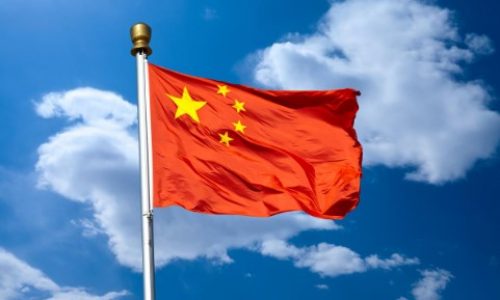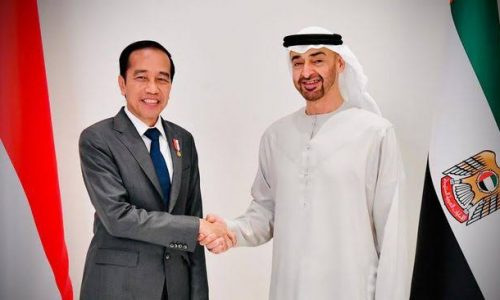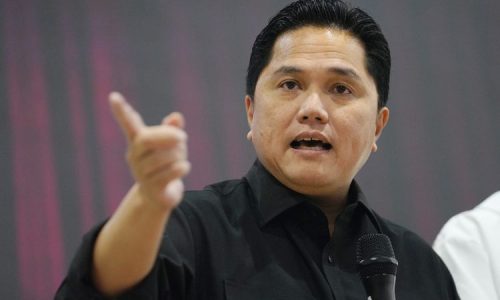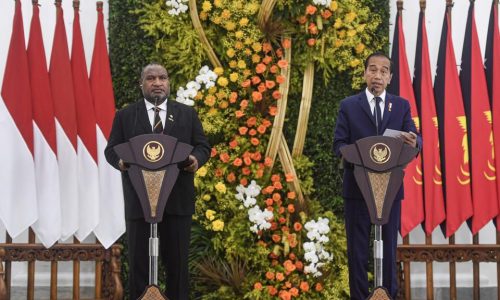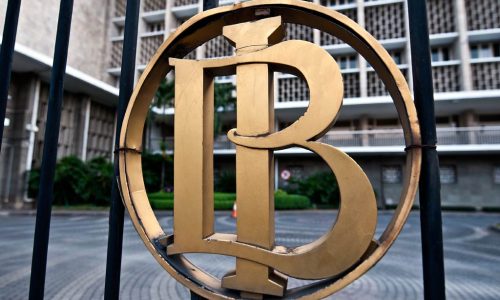The 57th annual meeting of the Asian Development Bank (ADB) in T’bilisi, Georgia, has agreed to increase funding of US$ 5 billion for the Asian Development Fund (ADF) 14 and the Technical Assistance Special Fund (TASF) 8 to combat global challenges.
Founded in 1974, ADB is an agency that provides grants to the poorest and most vulnerable member countries. In ADF 14 there was an increase in funds of 22 percent more than ADF 13, which at that time only reached US$4.1 billion. The largest ADF 14 grant ever will be given to ADB members who meet the requirements.
Meanwhile, TASF 8 will provide grants that help prepare projects, build capacity, and provide technical or policy advice.
The ADF 14 Fund has donors from Armenia, Australia, Austria, Canada, Denmark, Finland, France, Georgia, Germany, Hong Kong, China, India, Indonesia, Ireland, Italy, Japan, Luxembourg, Malaysia, the Netherlands, New Zealand, Norway, China, Philippines, Portugal, Republic of Korea, Spain, Sweden, Switzerland, Chinese Taipei, Turkey, United Kingdom, and United States.
In ADF 14, there are at least three issues to focus on, such as prioritizing special assistance to developing countries, small islands that are very vulnerable, especially to climate change and to countries that are in vulnerable situations and affected by conflict.
Second, to support climate change adaptation and disaster risk reduction. This enables broader support for regional cooperation and regional public goods, as well as for transformative gender action.
Meanwhile, ADF 14 recipients include the Federated States of Micronesia, Kiribati, Kyrgyz Republic, Maldives, Marshall Islands, Nauru, Samoa, Solomon Islands, Tajikistan, Tonga, Tuvalu and Vanuatu.
Third, these grants are also available to support communities in Afghanistan, Myanmar, and for transformative projects in Bangladesh, Bhutan, Cambodia, Cook Islands, Fiji, Lao People’s Democratic Republic, Mongolia, Nepal, Pakistan, Palau, Papua New Guinea, Sri Lanka, Timor Leste, and Uzbekistan.
ADF 14 was awarded because the current world situation is faced with a series of major challenges that can have a negative impact on human and economic development.
“We are faced with various challenges that impact human and economic development, where much progress is being hampered,” Masatsugu Asakawa, President of the Asian Development Bank, said.
Apart from that, there is the issue of the climate crisis, poverty and socio-economic development that is not inclusive.
Bhargav Dasgupta, Vice President for Market Solutions at ADB, added that the impact of the climate crisis is already being felt in various circles of society. Some countries experience extreme weather such as very hot or unusually heavy rain.
“We see the magnitude of the impact of climate change on the planet, especially in the Asia-Pacific,” he said.
This situation brings great suffering to countries with limited capabilities, such as the lower middle class and the poor.
According to him, if there is no quick treatment it could result in a bad situation that will continue in the future and endanger humanity.




